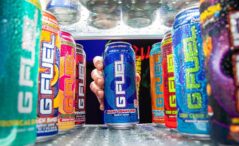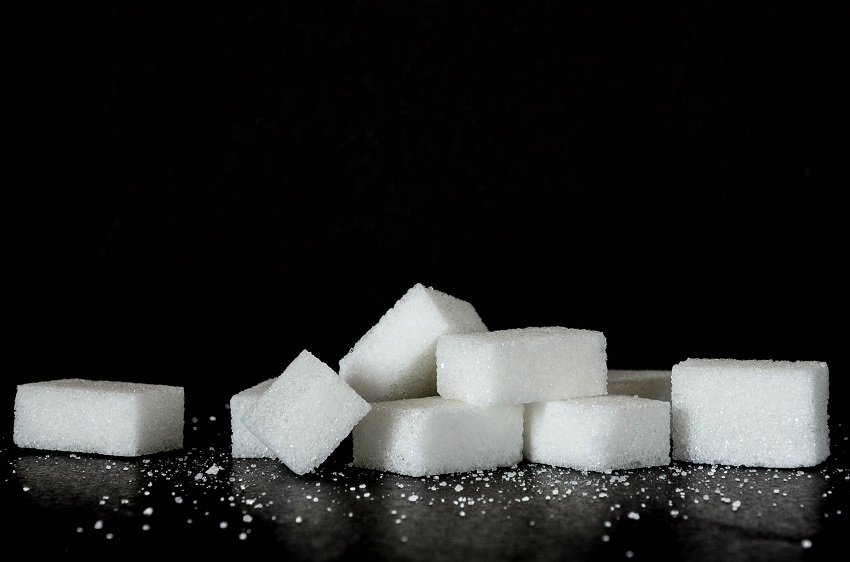In recent years, energy drinks have gained popularity among people of all ages, including children and teenagers. One prominent brand in this market is G Fuel, known for its high-energy formula and appealing flavors. However, as a responsible parent or guardian, it’s important to consider the potential effects of energy drinks on children’s health and well-being. In this article, we will explore “Is G Fuel good for kids?” and provide an informed perspective.
As energy drinks continue to gain popularity, concerns about their impact on children’s health and well-being have arisen. G Fuel, a leading brand in the energy drink market, is often consumed by individuals seeking a boost in energy, focus, and concentration. However, assessing whether these benefits outweigh the potential risks associated with its consumption, especially regarding children, is crucial.
What is G Fuel?
G Fuel is an energy drink marketed as a performance-enhancing beverage. It provides increased energy levels, improved focus, and enhanced endurance. G Fuel comes in a powdered form and is mixed with water to create a flavored drink. Its popularity among gamers and athletes has contributed to its widespread use. Dive deeper into can kids drink gfuel.
Understanding the Ingredients
To determine whether G Fuel is suitable for children, it’s important to examine its ingredients. G Fuel contains a blend of components, including caffeine, vitamins, and various proprietary blends. It’s crucial to note that the specific formula may vary across different flavors and versions of the product.
Energy Drinks and Children’s Health
Children have different nutritional needs than adults, and their bodies may react differently to certain substances. Energy drinks like G Fuel often contain high levels of caffeine, which can affect children, including increased heart rate, elevated blood pressure, and sleep disturbances. Moreover, excessive caffeine consumption may interfere with their overall growth and development.
Caffeine Content in G Fuel
One of the primary concerns associated with energy drinks is their caffeine content. While G Fuel claims to have less caffeine than traditional energy drinks, it still contains a significant amount. The caffeine content in G Fuel can range from 150mg to 300mg per serving, depending on the flavor and serving size. For comparison, the American Academy of Pediatrics recommends that children and adolescents consume no more than 100mg of caffeine per day.
Sugar and Artificial Sweeteners
Another aspect to consider when evaluating G Fuel’s suitability for children is its sugar content. G Fuel is sugar-free and instead uses artificial sweeteners to enhance its taste. Artificial sweeteners like aspartame and sucralose have been deemed safe for consumption by various regulatory bodies. However, monitoring your child’s overall intake of artificial sweeteners is essential, as excessive consumption may lead to potential health concerns.
Potential Side Effects
While G Fuel may provide a temporary energy boost, it’s essential to be aware of the potential side effects associated with its consumption. These side effects may include increased heart rate, high blood pressure, insomnia, irritability, and gastrointestinal issues. Children may be more susceptible to these effects due to their smaller body size and developing physiology.
Are There Any Alternatives?
Considering the potential risks associated with G Fuel, healthier alternatives for children are worth exploring. Encouraging a balanced diet, regular exercise, and adequate sleep can help maintain their energy levels naturally. Nutritious snacks, such as fruits, vegetables, and whole grains, can also provide sustainable energy throughout the day. Additionally, providing ample hydration by drinking water is vital for maintaining optimal energy levels.
Expert Recommendations
Leading health organizations and experts recommend that children and adolescents avoid consuming energy drinks altogether. The American Academy of Pediatrics states that energy drinks are not in a child’s or teenager’s diet. They emphasize the importance of educating children about the potential risks and providing them with healthier alternatives to stay hydrated and energized.
How to Talk to Your Child About Energy Drinks
Having open and honest conversations with your child about energy drinks is crucial. Discuss the potential risks associated with these beverages, including the effects of caffeine and artificial sweeteners on their health. Encourage them to ask questions and express their concerns. By fostering an ongoing dialogue, you can empower your child to make informed decisions about their well-being.
Conclusion
When considering whether G Fuel is suitable for kids, it’s essential to prioritize their health and well-being. While G Fuel may provide temporary benefits in terms of energy and focus, the potential risks associated with its consumption, particularly in children, are significant. From high caffeine content to potential side effects, it’s important to exercise caution and explore healthier alternatives to support your child’s overall health and vitality.
FAQs
- Is G Fuel suitable for children?
G Fuel is unsuitable for children due to its high caffeine content and potential side effects. Health experts recommend that children and adolescents avoid consuming energy drinks altogether.
- Can G Fuel help improve focus in children?
While G Fuel claims to enhance focus and concentration, its effects may vary among individuals. However, it’s crucial to consider the potential risks associated with its consumption, particularly in children.
- Are there any healthier alternatives to G Fuel for kids?
Yes, healthier alternatives for kids include maintaining a balanced diet, regular exercise, adequate sleep, and staying hydrated by drinking water. Nutritious snacks and foods rich in vitamins and minerals can provide sustainable energy throughout the day.
- Can G Fuel be addictive for children?
Caffeine-containing beverages like G Fuel can be habit-forming, leading to dependence and withdrawal symptoms. Children’s developing brains may be more susceptible to these addictive properties, so avoiding their consumption is important.
- How should I talk to my child about energy drinks?
Engage in open and honest conversations with your child about the potential risks of energy drinks. Educate them about the effects of caffeine and artificial sweeteners on their health, and encourage them to ask questions and express their concerns.


